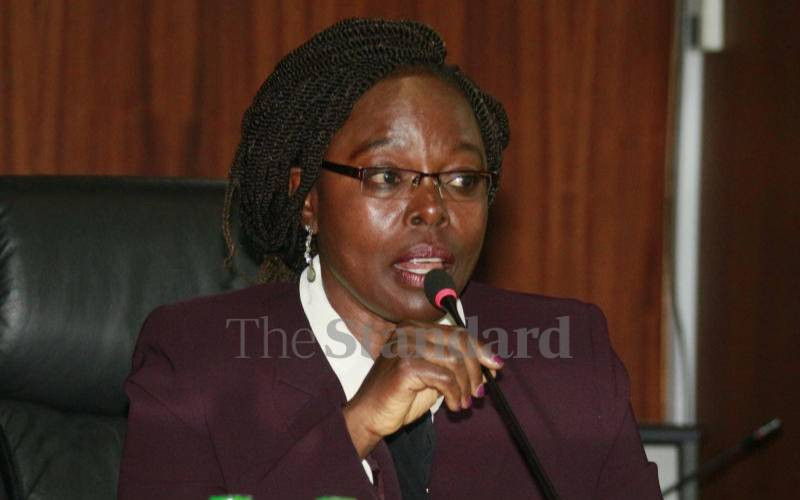×
The Standard e-Paper
Stay Informed, Even Offline

At least 20 counties did not report any expenditure on development activities, an audit by the Controller of Budget has revealed.
The County Government's Budget Implementation Review Report for the First Quarter of the Financial Year 2022/2023 revealed the counties did not report any expenditure on development activities, possibly due to the challenges in setting up new county administration after the August elections.







